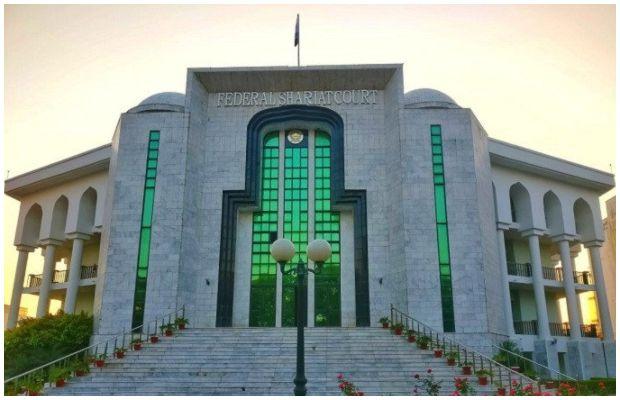Federal Shariat Court pronounces reserved verdict on pleas against Transgender Act
Transgender people cannot identify as male or female based on self-proclaimed feelings or desires

The Federal Shariat Court (FSC) pronounced the reserved verdict on a petition challenging the Transgender Act on Friday.
- Transgender persons cannot have themselves called man or woman, the court rules
- FSC declares sections 2, 3, and 7 of the Transgender Act un-Islamic
- Court Says under Section 7 of the Transgender Act, anyone could get the desired share from inheritance by choosing a specific gender
- The court had reserved the verdict on May 11 last after the arguments of the parties in the case were completed.
The Shariat Court ruled that transgender people were not allowed to identify as either male or female based “only on their self-proclaimed feelings or desires,” and that the gender of a person would be based on their dominant physical features or secondary sex characters.
“Neither can transgenders identify themselves as male or female nor can they change their gender based only on their self-proclaimed feelings and desires,” the court ruled.
The Acting Chief Justice of the Federal Shariat Court Dr Syed Muhammad Anwer and Justice Khadim Hussain Shaikh announced the verdict.
Gender was related to a person’s biological sex and had a specific bearing on how various forms of worship, including daily prayers, fasting, Hajj, etc are performed in Islam, the court clarified in its order.
“A person’s gender cannot be determined by their feelings,” the ruling said, adding: “Shariah does not permit anyone to have their gender reassigned because of impotence as the gender remains the same as it was at birth”.
“No one can be declared transgender based on physical features and self-made identity,” the verdict said adding that the gender of an individual would be determined by their dominant physical features or secondary sex characters.
The court in the verdict stated that those exhibiting dominant male features would be considered male transgenders; whereas those with dominant female features would be considered female transgenders.
“If a man or a woman calls themselves transgender outside of their biological sex then it is against Shariah,” the court maintained.
Furthermore, the verdict stated that Sections 7 and 3 of the Transgender Protection Act were against Islam and Shariah.
Federal Shariat Court also struck down Section 2F of the Act.
The court also declared that the rules made under the Transgender Protection Act as “illegal”.
However, the Federal Shariat Court ruled that it was the responsibility of the government to ensure the rights of transgender persons as “Islam provides them will all human rights”.
Passed in 2018, the Transgender Persons (Protection of Rights) Act by the National Assembly allows transgender persons equal rights to education, basic health facilities, writing their transgender identity on their identity cards and passports, besides the right to vote and contest elections.
In 2022, politicians from religious political parties, including the Jamaat-e-Islami and Jamiat Ulema-e-Islam Pakistan-Fazl, kicked up a row, insisting that the law is against Islamic tenets and should be immediately amended.





